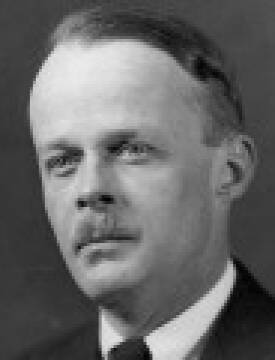
Allen Tate
poet, novelist
Allen Tate (1899-1979), American poet, critic, biographer, and editor, was a founder and editor of *the Fugitive*. Tate's earliest publications included the interpretative biographies *Stonewall Jackson* (1928) and *Jefferson Davi*s (1929). His first collection of verse, *Poems, 1928-31*, was published in 1932. While teaching English literature at several colleges, including Princeton, he held the chair of poetry at the Library of Congress from 1934 to 1944. He edited *the Sewanee Review* from 1944 to 1946. After 1951 he taught English literature at the University of Minnesota and lectured extensively at universities throughout the country. Tate's creative work always echoed his preoccupations as a southerner. His penetrating and original novel, *The Fathers* (1938), which is experimental in form and style and in many ways similar to some of William Faulkner's fiction, is a tortured exploration of the guilt and moral significance of Tate's heritage as a son of the Confederacy. In typical modernist fashion, Tate was determined in his poetry to be "unromantic." His poetic masterpiece, the "Ode to the Confederate Dead" (1928), is an elegy characterized by the density of its imagery, irony, and irresolvable ambiguity. Tate died in Nashville, TN, on Feb. 9, 1979. During his lifetime, he published 20 books and received many literary honors, including the Bollingen Prize for poetry.